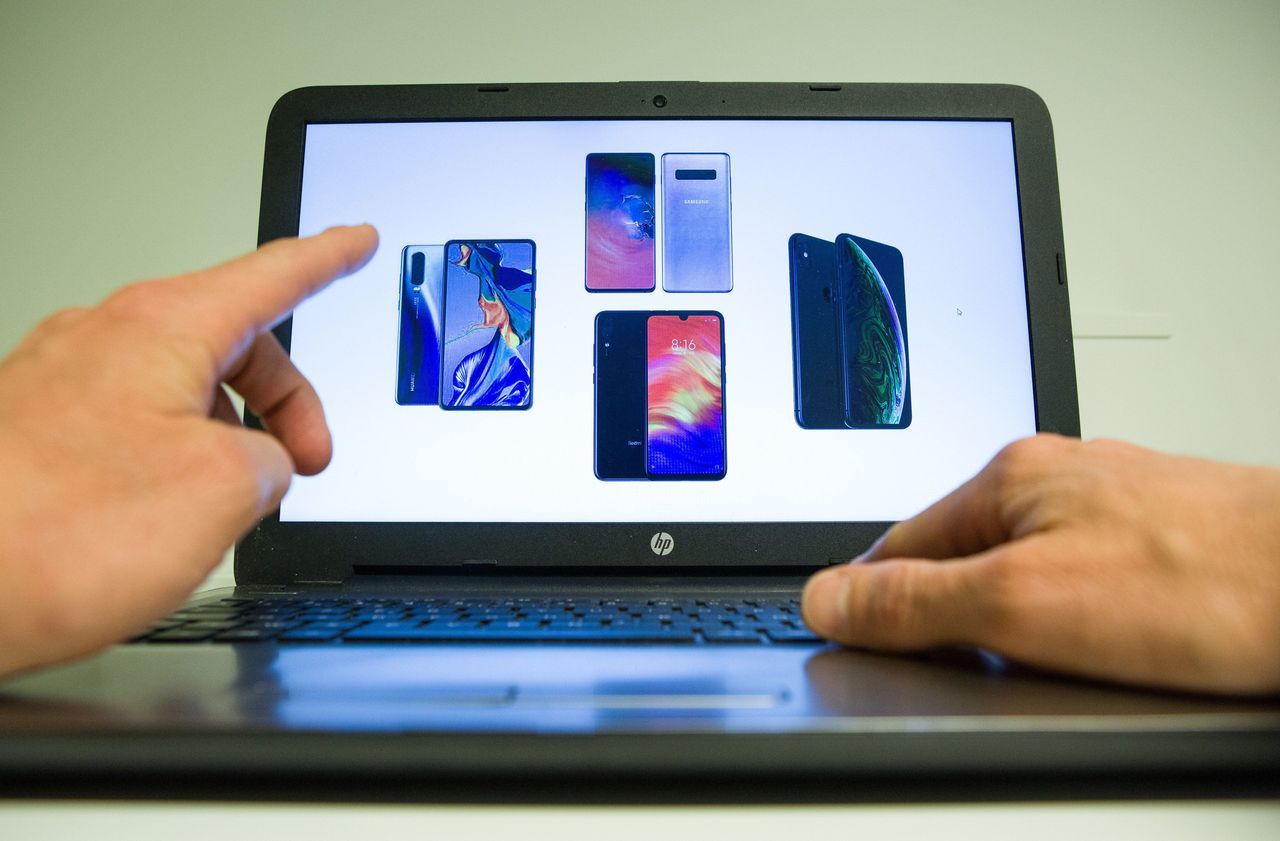Overflight of trucks by drones, limited number of stops, strict confidentiality of storage places: the delivery to France of doses of vaccines against Covid-19, from which the first patients should benefit from Sunday, is the subject drastic security measures.
It is an ultra-sensitive operation, carried out under close surveillance, that France is preparing with the distribution of the vaccine from Pfizer-BioNTech, the first to have obtained the green light from the European Union.
In the coming days, the first doses will travel between the warehouses of the American company Pfizer in Puurs, Belgium, and the approximately 7,200 nursing homes in France, the priority target of the first vaccination campaign.
Logistics challenge, security challenge
The logistical challenge, linked to respecting the cold chain – the serum must be stored at -70 ° C – is coupled with a security challenge in the face of threats to the convoys.
Interpol chief Jürgen Stock said he expected a “dramatic” increase in crime in this context with “thefts, burglaries of warehouses and attacks during the transport of vaccines”.
Among the main risks identified by the government, “malicious acts (damage, theft, cyber attacks, intrusions into storage areas)”, actions carried out by “anti-vaccine activists”, or even “terrorist acts”, according to a note from the Ministries of Health and the Interior, addressed to the prefects and regional health agencies (ARS).
This document, revealed by Sunday Newspaper, details the different stages of the vaccine supply chain.
5 to 7 regional vaccine storage platforms
The doses of vaccines, before being received in nursing homes, will first be stored “in a hundred health establishments” and “five to seven regional platforms” attached to Public Health France, whose location is kept secret.
The partner carriers of Pfizer in Europe, DHL and Fedex, will have to respect the deadlines set in a “transport plan” communicated in advance to the authorities and guarantee the confidentiality of their loads.
On the journey, their drivers must limit the number and duration of their stops as much as possible, “avoiding crowded places”, such as large motorway areas.
Vaccine convoys escorted by law enforcement or even drones
To strengthen the security of the convoys, each prefect may decide to escort them with “unmarked or screen-printed vehicles”, and even add “air support” by drone.
“These will be transport specializing in health products, such as blood bags or even organs. These are approved transporters, perfectly professional,” Minister of Health Olivier Véran said on Tuesday on one of the storage sites in Chanteloup-en-Brie (Seine-et-Marne).
In these places, anti-intrusion or video surveillance devices, in particular near areas where vaccines are to be stored, should be checked. The implementation of emergency electricity circuits to be able to continue the activity “in degraded mode” is also recommended.
Access to critical areas must also be strictly controlled and limited to authorized persons only, by keeping a register or a badge reader system.
Dealing with the risk of a cyberattack
Faced with the risk of a cyber attack, each actor in the supply chain is invited to strengthen their protection “against intrusions into information systems” and to close “all non-essential services” to limit the risk of data leaks afterwards. phishing or ransomware extortion.
“Even if there was a truce at the height of the crisis, hospitals are particularly targeted because they are poorly protected and still have the lives of patients in their hands”, explains to Sarah Pineau, officer in the operational reserve of the Army.
“When hackers launch an attack and demand a ransom, they are almost sure to achieve their ends”, adds this expert in cyber defense, who fears that the media coverage of these attacks “reinforces the mistrust of the populations vis-à-vis the vaccines “.
–

